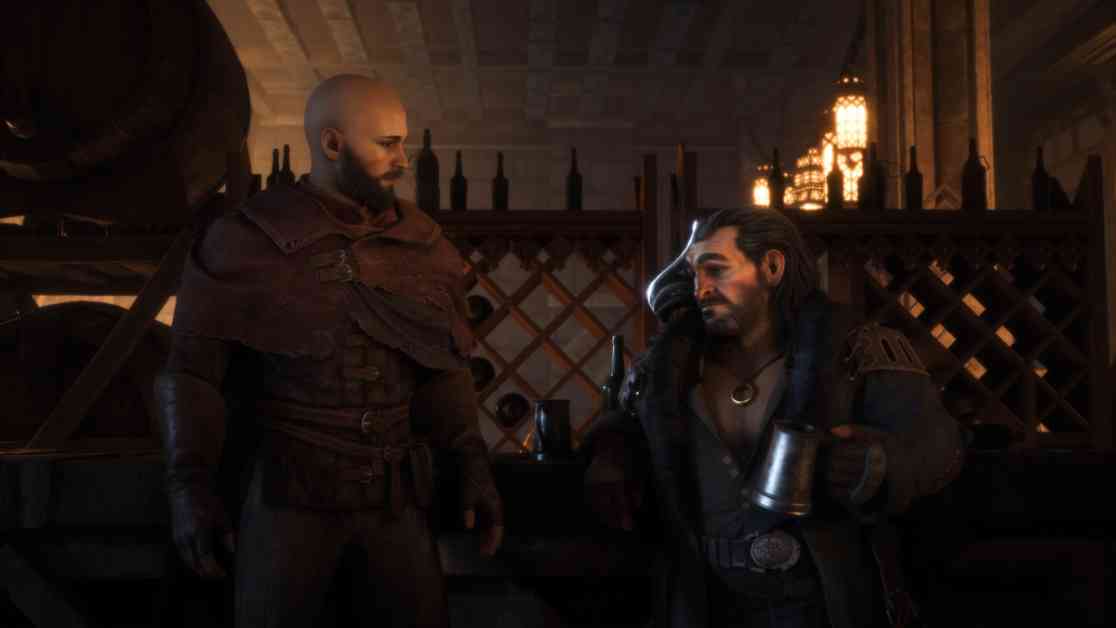BioWare, known for their popular games like Mass Effect and Dragon Age, has built a reputation as a studio where player choices truly matter. In these games, players can import their decisions from previous entries to create a consistent world state that reflects their actions. However, the process of carrying over choices has evolved over the years, with the Mass Effect series reading old saves and Dragon Age requiring a separate app to set your world state for Inquisition.
With the upcoming release of Dragon Age: The Veilguard, BioWare is taking a new approach to player choices. In this game, players will be able to make key decisions in the character creator that reflect choices made in Inquisition before embarking on their next adventure. While BioWare aims to make players feel like their decisions have a lasting impact, the studio’s track record in this regard has been inconsistent, with major choices sometimes being undone.
At a recent preview event, John Epler, creative director on The Veilguard, discussed BioWare’s philosophy on handling player decisions. When asked how the studio decides what choices are considered canon in new games, Epler emphasized that BioWare strives to respect players’ decisions. He stated that BioWare avoids the idea of a single canon and aims to never invalidate the choices made by players.
The Veilguard is set in the northern regions of the Dragon Age universe, which means that many decisions from previous games will not impact the new story. This approach allows the studio to focus on creating a new narrative without having to work around or undo choices from past games. While some fans associate the term “canon” with the default state of a game, BioWare’s implementation in The Veilguard emphasizes player agency and customization.
As BioWare continues to work on The Veilguard and the next Mass Effect game, questions have arisen about how the studio will handle incorporating choices from earlier titles. While some suggest that BioWare should simply pick an ending and make it canon for simplicity, Epler’s statements suggest that the studio values individual player decisions and the impact they have on the game world.
Both the Dragon Age and Mass Effect series have faced criticism for writing around player choices rather than fully honoring them. For example, characters like Anders and Leliana have reappeared in sequels despite potentially dying in previous games. While BioWare has addressed these inconsistencies, some players remain wary of how their choices will be respected in future titles.
In conclusion, BioWare’s commitment to respecting player choices in games like Dragon Age: The Veilguard is evident in their approach to narrative continuity. As the release date approaches, fans are hopeful that the studio will deliver on their promise to honor player decisions and maintain the integrity of the game world.

